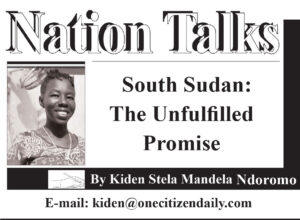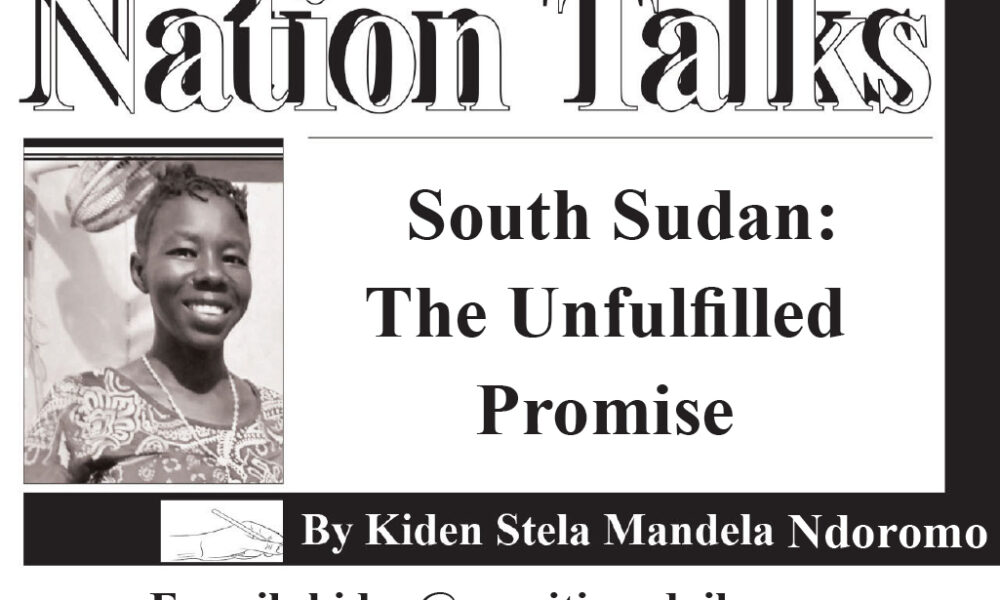
The promise of independence in 2011 was one of freedom, prosperity, and self-determination. Yet, over a decade later, many South Sudanese feel that promise remains unfulfilled. The very people who fought to liberate the country, both soldiers and civilians, are now struggling with poverty, hunger, and a lack of basic services.
The 1983 war saw southerners fighting for freedom from the Khartoum government’s policies of deprivation and marginalization. Civilians were instrumental in this effort, supplying food and support to the army on the frontlines. The ultimate goal was to end the suffering of all citizens. However, today, it appears that only a select group of politicians who claim to have fought for the nation are enjoying its resources, while the cries of the people go unheard.
The persistent conflicts since independence have crippled our nation. Education is in decline, roads are in disrepair, and inter-communal violence is rampant. It is heartbreaking to see women used as tools of violence, subjected to abduction, rape, and forced domestic labor, often at a young age. These are the very people we fought to protect, yet they are denied the opportunity to build a better life for themselves and their communities.
A functioning economy is the foundation of a stable society. It involves the production, distribution, and consumption of goods and services. A healthy economy relies on a combination of factors, including education, technology, infrastructure, and good governance. For an economy to thrive, all these elements must work together.
Unfortunately, South Sudan’s economy has failed to develop because of a critical missing piece: a lack of integrated economic growth policies. These policies should focus on building the nation’s capacity to produce goods and services. A comprehensive strategy would have prioritized investment in essential infrastructure like roads, bridges, and electricity. It would have also streamlined labor force development, capital accumulation, and a fair taxation system.
The management of a national economy is a complex task that requires the collective effort of multiple public and private institutions. Relying solely on the Central Bank to auction dollars will not solve our inflation problem. The Central Bank’s efforts must be complemented by other government institutions and private sectors that focus on production for both export and domestic consumption. We need foreign direct investment to generate revenue and strengthen our currency.
While some argue that the current economic hardship is solely due to the ongoing wars, it’s important to recognize that our economy was already struggling even before the conflict. The war only exacerbated the problems, draining public funds to purchase weapons instead of investing in the nation’s future. The high prices we see today are a direct result of the absence of a sustained economic growth strategy.
God protect South Sudan.




